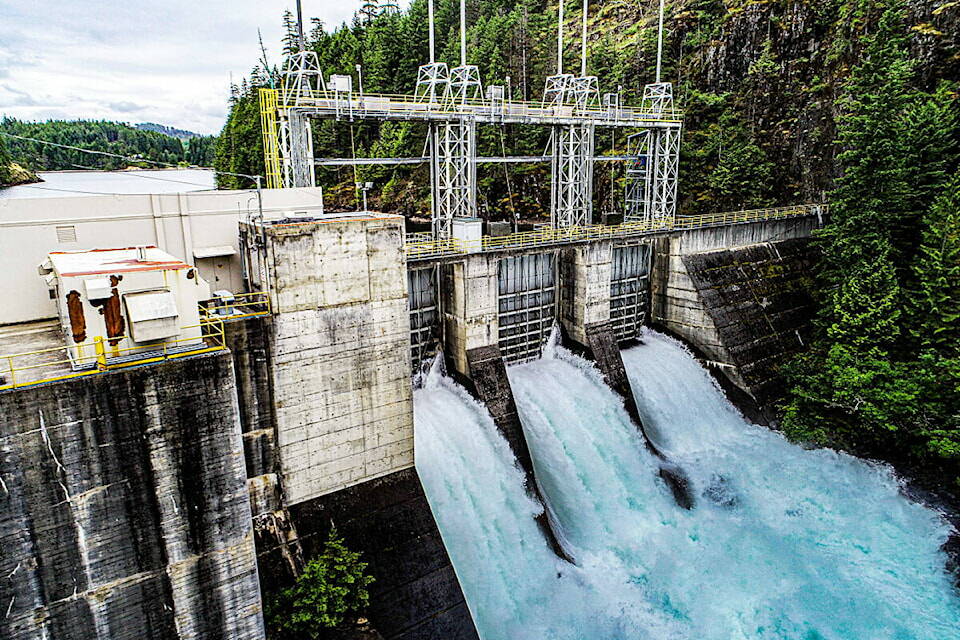BC Hydro is looking to accelerate its long-term plans to reduce the province’s reliance on fossil fuels and increase the electrification of buildings, transportation and industry.
Ted Olynyk, BC Hydro’s manager of community relations for Vancouver Island, said the Crown corporation knows it won’t be able to replace all fossil fuels with electricity in the province, but it does intend to significantly increase its customers’ reliance on electricity rather than fossil fuels.
He said that currently, 70 per cent of all B.C.’s energy needs comes from fossil fuels and BC Hydro is committed to dealing with climate change.
RELATED STORY: NORTH COWICHAN LOOKS TO ACCELERATE GHG CUTS ON NEW BUILDINGS
“Every little bit makes a difference and this is something we want to do,” Olynyk said.
“It’s all part of the CleanBC Plan (a provincial plan to lower climate-changing emissions by 40 per cent by 2030), and the province is working with the federal government to make sure we can meet the aggressive targets, as well as with local governments to try and solve the problems as you try to meet your targets for a clean energy future as well.”
Olynyk pointed out that BC Hydro is predominantly a hydro-electric utility and 90 per cent of its power currently comes from clean or renewable energy, and it is one of the cleanest utilities in North America.
He said once the power company’s electrification plan is fully executed, it would prevent the release of approximately 900,000 tons of greenhouse-gas emissions per year.
As for the extra electricity that will be needed to fill the growing demand as the province turns more toward electricity for power, Olynyk said the Site C dam, a hydroelectric dam currently under construction on the Peace River, will come online in 2025, which will increase B.C.’s energy supply by eight per cent.
RELATED STORY: CVRD RECOGNIZED FOR CLIMATE-CHANGE EFFORTS
“We have also recently announced another call for electricity, and we’re looking for clean, renewable energy and I anticipate a lot of it will be wind and solar power,” he said.
“As well, the cheapest form of new electricity is buying your anticipated consumption back from you by encouraging you not to use it through conservation measures.”
Olynyk said it’s certain there will be more intense storms due to climate change.
He said over the last 20 years, BC Hydro has seen the increase of storms and how the corporation responds to them has changed as well.
RELATED STORY: CVRD ACKNOWLEDGES CLIMATE EMERGENCY
“We’ve increased our vegetation management by many tens of millions of dollars across the province, and we realize that we have to do more there,” Olynyk said.
“We’re also ‘hardening’ the system to ensure we can minimize outages, but we know we’re never going to eliminate outages completely. That’s sort of the deal of living on Vancouver Island.”
Olynyk said BC Hydro doesn’t anticipate the demand for power to grow exponentially fast right away.
“But we’re hoping it does because that’s the goal to deal with climate change,” he said.
“We believe that with the calls for electricity and conservation strategies, this is something our system can manage.”

